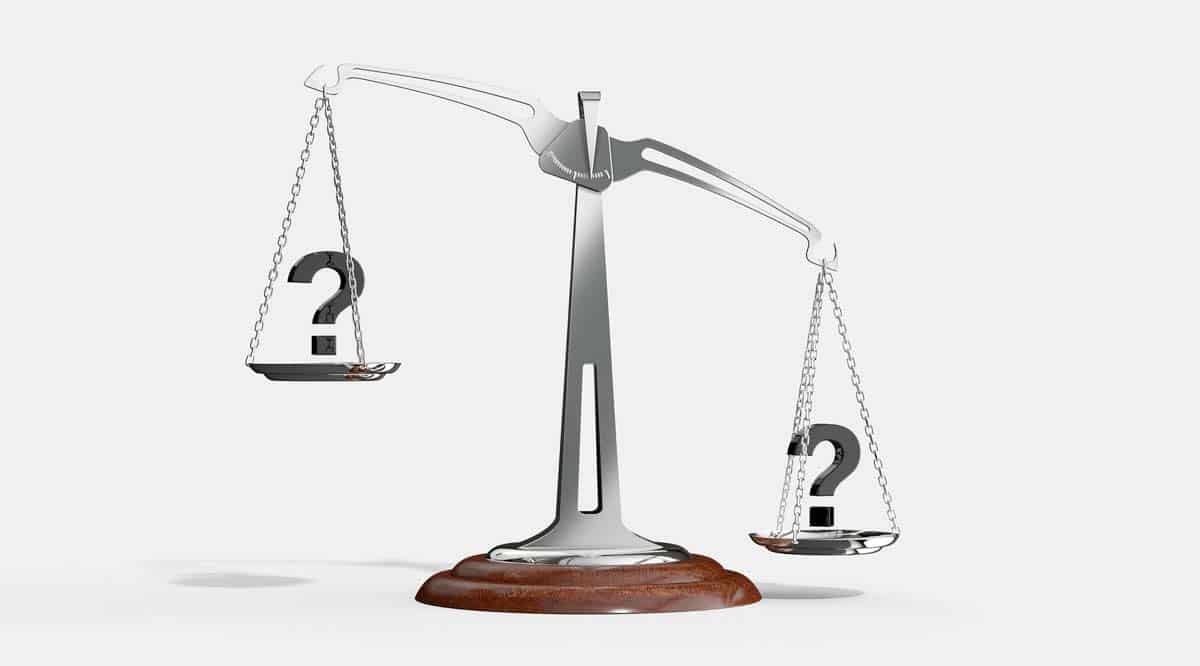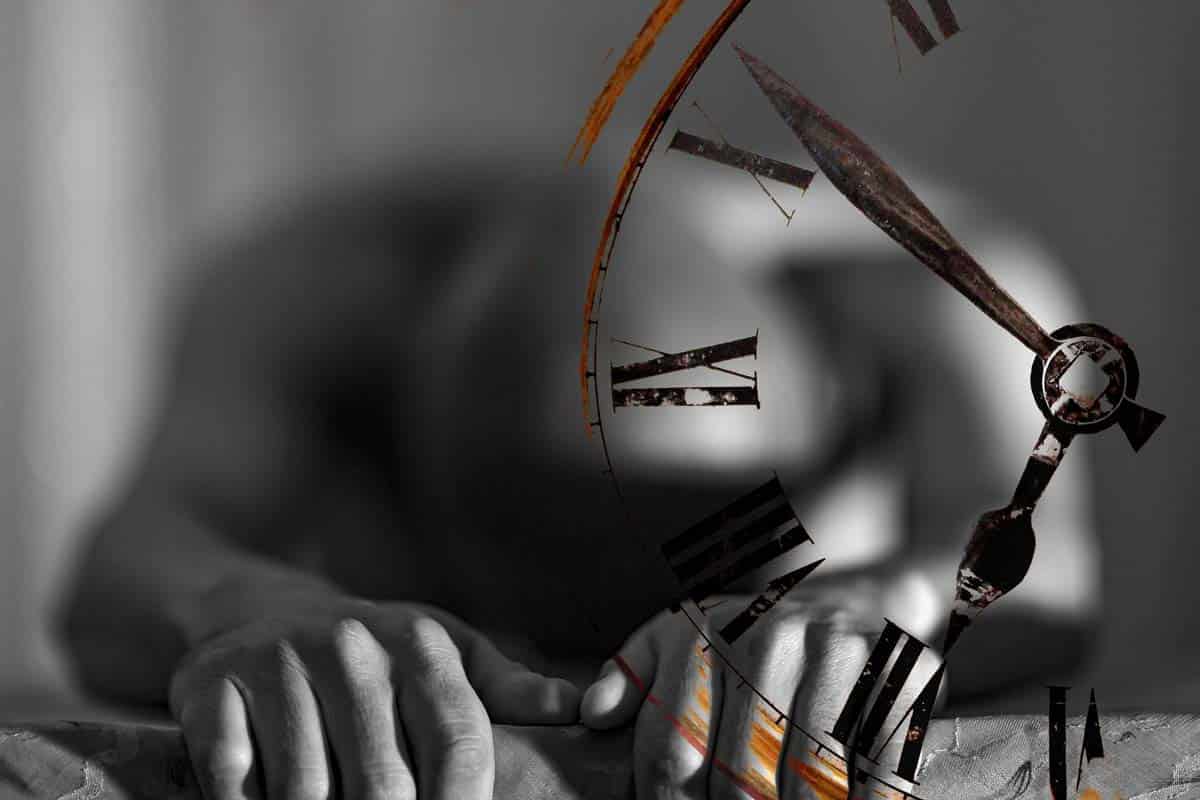Addictions can manifest in many ways. They may be legal or illegal, and they might affect the mind, body, spirit, or all three. Although addiction is a very real disease that can devastate lives and families, it’s important to understand what you’re dealing with before seeking treatment. If you have an addiction problem of any kind, there are two major types of treatment available: inpatient and outpatient care. These two terms refer to different kinds of programs that people who are struggling with addictions will often need at one point in their recovery journey. In this article, we will answer what is the difference between inpatient and outpatient treatment.
What Is The Difference Between Inpatient And Outpatient Treatment?

Inpatient and outpatient treatments differ from each other by the length of stay. In short, outpatient treatment requires a patient to attend therapy sessions at a facility away from rehab for a certain period of time.
In contrast, inpatient care involves staying at rehab for a minimum of 3 weeks by taking medications and going through counseling with group members under staff supervision.
Understanding how these terms differ from each other will help you in your search for a plan that’s right for you.
Outpatient Care
Outpatient care is the most common treatment program available. It refers to therapies for addiction performed in a place outside of rehab or psychiatric hospital. There are many different types of outpatient programs, including intensive outpatient programs (IOPs), partial hospitalization programs (PHPs), and even regular meetings with an addiction counselor.
If you’re considering this type of treatment, there are four main things to remember:
- Outpatient treatment has a lower rate of relapse as compared to inpatient care. This means that those who undergo outpatient therapy tend to have a higher chance of avoiding relapse and remaining sober for good.
- You’ll need to check the length of your stay; some facilities only offer 30 days or less. Unfortunately, this means that if you need help with more serious addictions like heroin or opioids, you may not get the time necessary to make a full recovery.
- You can do outpatient therapy from home and still get help. However, if you’re only comfortable accepting help at home, then there will be options available to you.
- Outpatient therapy will focus on you, not on the family or group dynamic. This can be a good thing if your family isn’t ready to face their own issues just yet. It may also make it easier for some addicts to hide their substance abuse from those closest to them successfully.
Inpatient Care
Inpatient addiction treatment is exactly as it sounds: you go into rehab and stay there until the staff decides you’re ready to leave. If outpatient care is like attending school, then in-patient rehab is like boarding school: there are no distractions, and all your needs will be met by caring professionals who know how best to help you recover.
Inpatient care is usually more expensive than outpatient care; however, if you need rehab for heroin dependence, it may be well worth your time and money because inpatient care might just save your life. Additionally, longer stays tend to reduce rates of relapse once treatment is complete.

If you’re considering this type of treatment, there are three main things to remember:
- The main advantage of an inpatient program is that it provides you with a safe and controlled environment in which to get clean. In addition, the counselors and therapists on staff will be experts at helping you detox, and they can even prescribe medications that ease withdrawal symptoms.
- In-patient rehabilitation centers allow patients access to round-the-clock support and care like detox, 24/7 medical assistance, and access to medications such as buprenorphine (Suboxone), methadone, and Vivitrol.
- Most facilities also offer therapies like cognitive behavioral therapy (CBT) or motivational enhancement therapy (MET), both of which can help you cope with cravings and make the right decision when the time comes to quit.
Both inpatient and outpatient treatments offer benefits as well as disadvantages. You will have to assess whether what you need at the moment is outpatient or inpatient rehabilitation depending on your current situation.
Depending on your needs, either outpatient or inpatient treatment may be more effective. Of course, there are always alternatives like 12-step programs or just taking it one day at a time.
However, if you seek help, there will usually be an option available to fit your lifestyle and budget. Before making any decisions about rehab options, talk to counselors at every facility where you’re considering staying; they’ll help you decide which program is right for you.
There is no one-size-fits-all option, so it’s important to take the time to find the right fit. Don’t rush your recovery; it could be the most important decision you’ll ever make.

